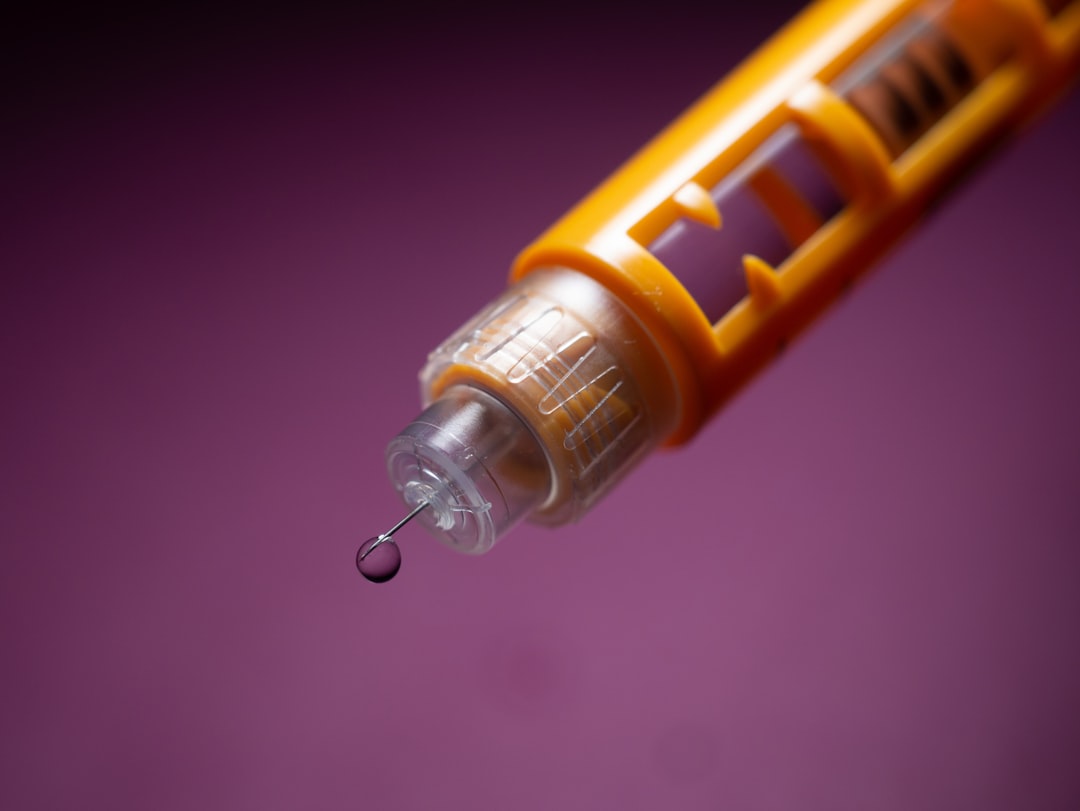All Nonfiction
- Bullying
- Books
- Academic
- Author Interviews
- Celebrity interviews
- College Articles
- College Essays
- Educator of the Year
- Heroes
- Interviews
- Memoir
- Personal Experience
- Sports
- Travel & Culture
All Opinions
- Bullying
- Current Events / Politics
- Discrimination
- Drugs / Alcohol / Smoking
- Entertainment / Celebrities
- Environment
- Love / Relationships
- Movies / Music / TV
- Pop Culture / Trends
- School / College
- Social Issues / Civics
- Spirituality / Religion
- Sports / Hobbies
All Hot Topics
- Bullying
- Community Service
- Environment
- Health
- Letters to the Editor
- Pride & Prejudice
- What Matters
- Back
Summer Guide
- Program Links
- Program Reviews
- Back
College Guide
- College Links
- College Reviews
- College Essays
- College Articles
- Back
The Collapse of Health Care and Insulin Accessibility MAG
I couldn’t believe what I was hearing. How could a school deprive children of the best tools needed to keep them healthy?
A few months ago, my friend told me that some diabetic children were unable to receive the newest technology to help track and maintain their blood sugar levels routinely throughout the day — simply because they didn’t have the money or insurance to afford it.
I couldn’t wrap my head around such a circumstance. Imagine living through every day with a disease that requires treatment limited to specific insulin-injecting and glucose-tracking technology. Now, imagine this technology is ancient and not up-to-date with current research. It seemed absurd that, on top of the stress caused by managing diabetes, these kids were expected to use glucose monitors that didn’t give them the most effective treatment on a day-to-day basis.
Shocked and inspired, I began to discover more disparities that diabetics had to live with. It seemed that the complexity of the disease and its treatment had influenced a common ignorance — specifically a lack of knowledge and education about type 1 diabetes. These children, in the process of managing their disease and the financial burdens associated with it, lacked support in dealing with their day- to-day finger pokes, injections, and other discomforts.
The situation only gets worse. In addition to the high prices of technology, such as glucose monitors and insulin pumps, I discovered there had been a dramatic increase in costs of the one specific medicinal item that is necessary for diabetics’ survival: insulin. In the United States specifically, this vital hormone has become so expensive that a large number of diabetics are beginning to skip necessary insulin doses on a daily basis. Such deprivation of medicine has even caused the deaths of diabetics.
Diabetes is not necessarily a fatal disease. It should not be the cause of death for those whom it affects. Yet, somehow, the U.S. health care system has allowed management strategies to become so financially burdensome that diabetes is becoming a life-threatening illness — one with no cheap solution.
It’s about time that the U.S. government fulfills the promise it made to the American people in the 1940s, when it — along with 47 other nations — signed a mutual United Nations Universal Declaration of Human Rights. This document clearly states that “everyone has the right to a standard of living adequate for the health and well-being of oneself and one’s family, including ... medical care.”
Luckily, the younger generation has the power to acknowledge and address these alarming issues through advocacy, grassroots campaigns, innovative thinking, initiatives, and more. In July 2022, the problems with insulin costs were addressed on the Senate floor with the proposal of the Insulin Act.
Over the past few years, Sens. Jeanne Shaheen (D-NH) and Susan Collins (R-ME) have been fighting against the dramatic increase in insulin prices. The issue has gotten so severe that the Insulin Act has been presented to Congress, which would encourage insulin manufacturers to reduce list prices to a point where the medicine is affordable to all diabetics. It would also push for more competition among insulin producers, which would in turn create broader access to insulin products. Unfortunately, the Insulin Act did not pass in the Senate, and the issue of affordable insulin continues to haunt the diabetic community.
Now, more than ever, the youth of America needs to get involved in making lasting change. JDRF and other organizations are giving teens the opportunity to write digital, personalized messages to government officials to encourage their support of insulin price caps and the well-being of the American diabetic population.
In the wake of the Aug. 7, 2022 decision to block insulin caps, it has become the responsibility of the younger generations — diabetic or not — to step up and protect the rights promised to us long ago: the right to health, well-being, and — for the 37.3 million diabetics living in the U.S. — affordable insulin.
Similar Articles
JOIN THE DISCUSSION
This article has 0 comments.


Over the years, I have developed a passion for uncovering the issues regarding the United States healthcare system and sharing them with the public to raise awareness. This interest has specifically targeted problems with diabetic healthcare, a system that has proven to provide limited access to vital technology and medicine necessary for survival under diabetic conditions. In this article, I highlight the specifics of this alarming situation in hopes to inspire the younger generations to take charge and make much-needed changes for the diabetic community.